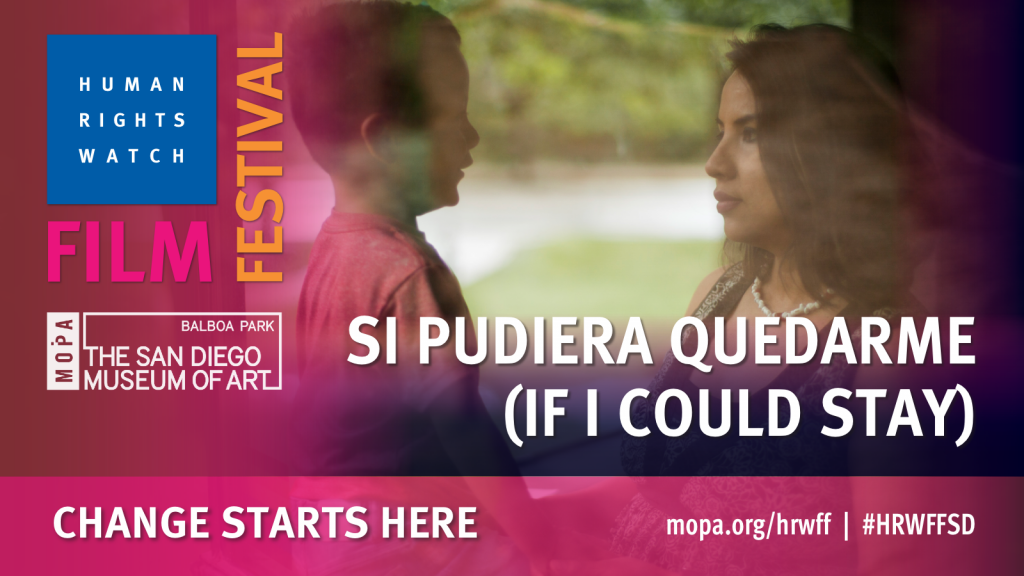
San Diego – The Human Rights Watch Film Festival is in its 14th year in San Diego, taking place from February 2nd to 8th at the San Diego Museum of Art in Balboa Park. The festival presents a thought-provoking lineup of films addressing diverse global issues. One featured film, “Bad Press,” explores the critical role of a free press within the Muscogee Nation, while “Is There Anybody Out There?” challenges ableist assumptions in a non-disabled world. “Seven Winters in Tehran” sheds light on the oppression faced by women in Iran, and “Si Pudiera Quedarme (If I Could Stay)” shares the courageous journey of undocumented mothers facing deportation in the United States. Additionally, “Summer Qamp” offers a glimpse into the lives of Queer youth at a unique camp, and “We Dare to Dream” follows the Refugee Olympic Team’s journey to the Tokyo Olympics. Whether attending in person or securing a digital festival pass, this event promises enlightening narratives that encourage dialogue and awareness on crucial human rights issues.
Jen Nedbalsky, the Deputy Director of the film festival, highlighted its unique role in reaching the public and fostering awareness. Describing the unfolding festival experience, she remarked, “The conversations become more and more intimate, people feel more and more engaged and are communicating with each other about things that they can do locally.” Nedbalsky also conveyed gratitude for essential collaborations, stating, “We also are so lucky to partner with 26 local nonprofits, human rights groups, groups who support the festival, and this is our way to also shine the light on the great work that they’re doing.”
Operating under the umbrella of Human Rights Watch, the festival sets itself apart with a steadfast commitment to factual accuracy. Researchers meticulously ensure that the chosen films present information and stories responsibly. The selection criteria also prioritizes the compelling power of storytelling, with the overarching objective of not only engaging the public but also inspiring tangible action. Nedbalsky highlighted the profound impact of films, noting, “Films really have the power to reach people on a personal level. It almost feels like after seeing a story that you become friends or that you have followed someone’s life throughout this process.” Emphasizing the festival’s unique approach, she added, “We love to provide opportunities for the audience to meet the person in the film, the actor. So they can see these are regular people just like you and me, and all of us, in our own ways, can contribute to changing things for the better. It’s a beautiful way to seamlessly merge art and activism.”
The festival also distinguishes itself through the incorporation of Q&A sessions following screenings, a feature underscored by Nedbalsky’s recognition of its significance. Emphasizing the potential for a case study to illustrate the impact, these sessions serve as a vital platform that directly connects the audience with local activists and advocates actively engaged in effecting change. Beyond the screening experience, the festival’s commitment to comprehensive engagement is evident, with Nedbalsky stating, “At the end of every discussion, we’re always sharing what you can do tonight to take action. We never want people to leave a screening feeling hopeless.” For those eager to attend, the festival line up and tickets for the Human Rights Watch Film Festival in San Diego can be purchased at https://ff.hrw.org/san-diego#festival_schedule.
